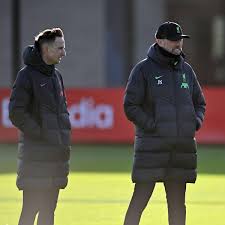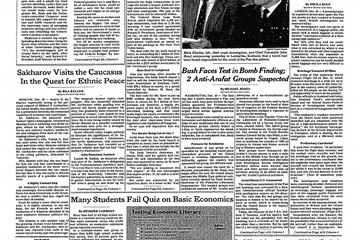The Tactical Evolution of Pep Lijnders at Liverpool FC

Introduction
Pep Lijnders, assistant coach of Liverpool FC, has garnered attention for his innovative and strategic approach to football management. As the football world continues to evolve, Lijnders’ contributions have become increasingly relevant, not only to the club’s successes but to the broader landscape of coaching methodologies. His journey illustrates the vital role of assistant managers in shaping a team’s identity and performance.
Background and Rise to Prominence
Born in the Netherlands, Lijnders began his career in football at a young age, initially working in various youth coaching roles before making a name for himself at FC Porto. His knack for tactical analysis and player development caught the attention of Liverpool FC, where he joined Jürgen Klopp’s coaching staff in 2014. After a brief spell managing the club’s under-21 team, Lijnders returned to Klopp’s side, quickly establishing himself as a key figure in Liverpool’s coaching team.
Impact on Team Tactics
As Liverpool has enjoyed remarkable success in recent years—including winning the UEFA Champions League in 2019 and the Premier League title in 2020—Lijnders has been credited with significantly influencing the team’s tactical framework. His emphasis on aggressive pressing and fluid attacking play has become a hallmark of Liverpool’s style.
Recent matches illustrate his tactical acumen, particularly in rebuilding the squad post-pandemic and adapting strategies to cope with injuries. Lijnders’ approach focuses not just on the immediate game but also on long-term player development, ensuring that young talents are seamlessly integrated into the first team.
Recent Developments and Future Significance
In the current season, Lijnders has been pivotal in implementing Klopp’s vision while also infusing his own ideas. His presence is felt strongly during training sessions, where he often innovates drills that enhance players’ tactical understanding. As transfer windows approach, his input has proven instrumental in identifying talent that fits Liverpool’s playing philosophy.
The future seems bright for Lijnders as he continues to expand his influence within the club. With Liverpool vying for titles across multiple fronts in the ongoing season, his ability to adapt and enhance team performance will be critical. Should he pursue a managerial role in the future, his time at Liverpool will undoubtedly serve as a solid foundation.
Conclusion
Pep Lijnders’ role at Liverpool FC underscores the importance of assistant managers in modern football. His tactical insights and innovative strategies have not only contributed to the club’s successes but have also set a benchmark for aspiring coaches. As the landscape of football coaching continues to evolve, keeping an eye on Lijnders’ career development will be significant for fans and analysts alike.









